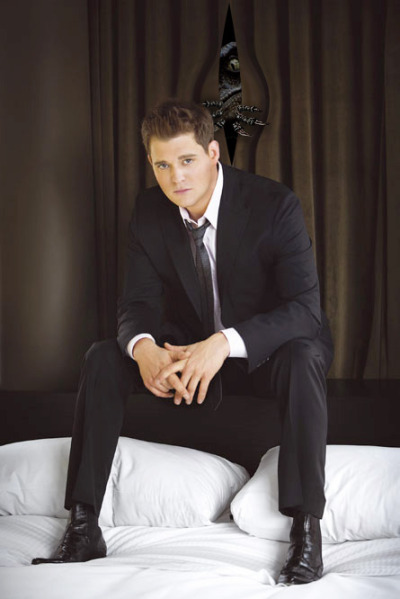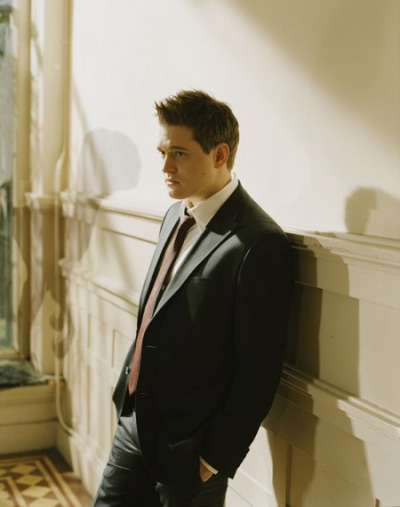I work three days a week in a primary classroom. So, theoretically, I am in a good position for putting edtech and Web 2.0 idealism into a realistic roadtest situation. I don't stand behind podiums at conferences berating and exhorting the masses to bring their classroom into the digital world. I don't have influential push (or pull) within my own system - and I'm not sure what I'd be suggesting even if I did. But I have invested an enormous amount of my life over the past four years into this networked learning thing. If anything, I have a lot of digital runs on the board. Heh, the Geoffrey Boycott ¹ of edublogging. That could be me.
So, I feel that my personal benefit has been enormous. I connect with a wide array of educators who feed me a daily diet of inspiration, insight and practical resources. I have become more aware of how education systems work in various parts of the world. I've had the opportunity to meet some of the most interesting people that I've come across in my lifetime - some I've conversed with on Skype and in Elluminate and Adobe Connect or just the comments sections of blogs. My network connections have given me opportunity to present about my experiences at conferences and online events, and I've learned about connectivism, social media, gained a more balanced view about cybersafety issues and heard about Illich, Gatto and Postman for the first time.
I couldn't give up my Network now - it gives too much to me.
But I work in a role where I'm meant to be bringing the "good oil" to teachers, helping them to get their feet wet in technology use and showing them how the web can transform student learning. It is a role that sets me up as some sort of "expert" which can be a problem in a couple of ways.
Firstly, Darren Kuropatwa points out in his reference to neophytes that "Experts have a different aura about them. That aura of expertise is intimidating for neophytes." His basic premise is that any message that an educator with "expert" status might try to seed with his or her own colleagues will be perceived to be unattainable and beyond their reach. So all of my efforts to highlight how easy digital tools are and how empowering technology can be via workshops, team teaching and other training could actually be unproductive.
Dean Groom also talks about the burbclave effect - where teachers don't have to go and become innovative users of technology because if they have one connected educator on staff, they just have to wait until it is brought to them. It's the effect when staff say they can't use their IWB until they've had some training, where they wait for a list of good numeracy websites to be emailed to them (or given to them on a printed piece of A4) or wait until they are given release time for planning before they will even look at something like the ISTE Standards.
Ironically that while someone like me may well be viewed as somewhat of a local expert, the educators I connect to and learn from leave me feeling very neophytic indeed. When I measure myself globally, my local credentials shrink down to small proportions.
The building of your own social media network is such a personal journey that it is a very difficult beast to describe in such a way that non-web-savvy educators see the point. It's why I won't ever bother offering a Web 2.o / PLN / using social media to learn presentation or workshop ever again. I'll guarantee that no-one has ever been turned onto blogging based on anything I've ever said or wrote - its value is intrinsically linked to the individual's needs. If a teacher is not interested in exploring the internet on his or her own time, then they are never going to see where this could take them or how it could impact their classroom.
Which brings me to my next point. Many of us edubloggers assume that what we learn online is directly transferable into our classrooms. We also assume that if more educators did what we did (read, write, link, share, create) then we would end up with these amazing transformed classrooms. So, we spend time preaching the benefit of social media tools even though there is no one simple recipe, even though this networked learning thing is intensely personal and damn near impossible to replicate.
I keep wondering if the time spent to become proficient in the online world (note I wrote proficient, not expert!) is worth the investment in potentially transformed pedagogy in the classroom. I have spent many hours online, eschewing television and other possible hobbies, and I know that many, many of my colleagues are not prepared to invest the same amounts of time into this medium. I know that my investment is worthwhile - for me. But I struggle to see how social media can transform the primary school classroom. There are so many compromises that need to be made in the name of online safety and duty of care, barriers in terms of computer access and the pressure of the traditional curriculum that I can see why so many teachers wait to be told what to do in terms of technology use, rather than take the risks involved with being an innovator.
I think my next step is examine my own classroom practice to see what has changed in my approach since becoming connected back in 2005. I suspect that the process is so gradual that I may find it difficult to recall my former practice with any accuracy. And if I, the enthused educator playing with connected technologies in my spare time, can take so long to work out what can translate into today's classroom, what hope does a less enthusiastic teacher have of bridging the gap of digital possibilities?
Just thinking, that's all.

¹. The metaphoric comparison may be lost on any non-Commonwealth non-cricket playing readers. Geoffrey Boycott's career was characterised by lengthy stints at the batting crease, accumulating runs at an extremely slow rate often to the frustration of both the opposition and his team mates. Certainly not as talented as others in his era, his dogged style meant that he hung around for a long time in a somewhat selfish manner.
2. The really cool visualisation of links out from my blog comes from walk2web.








